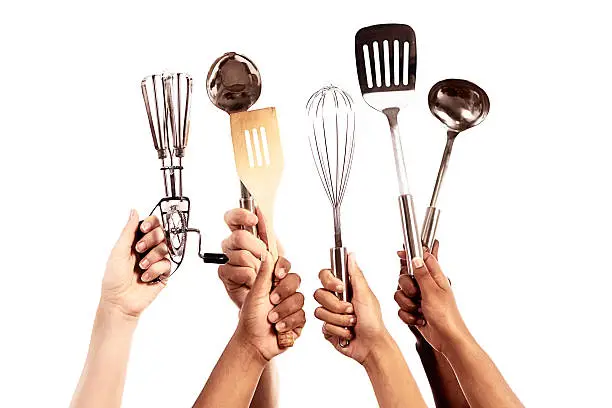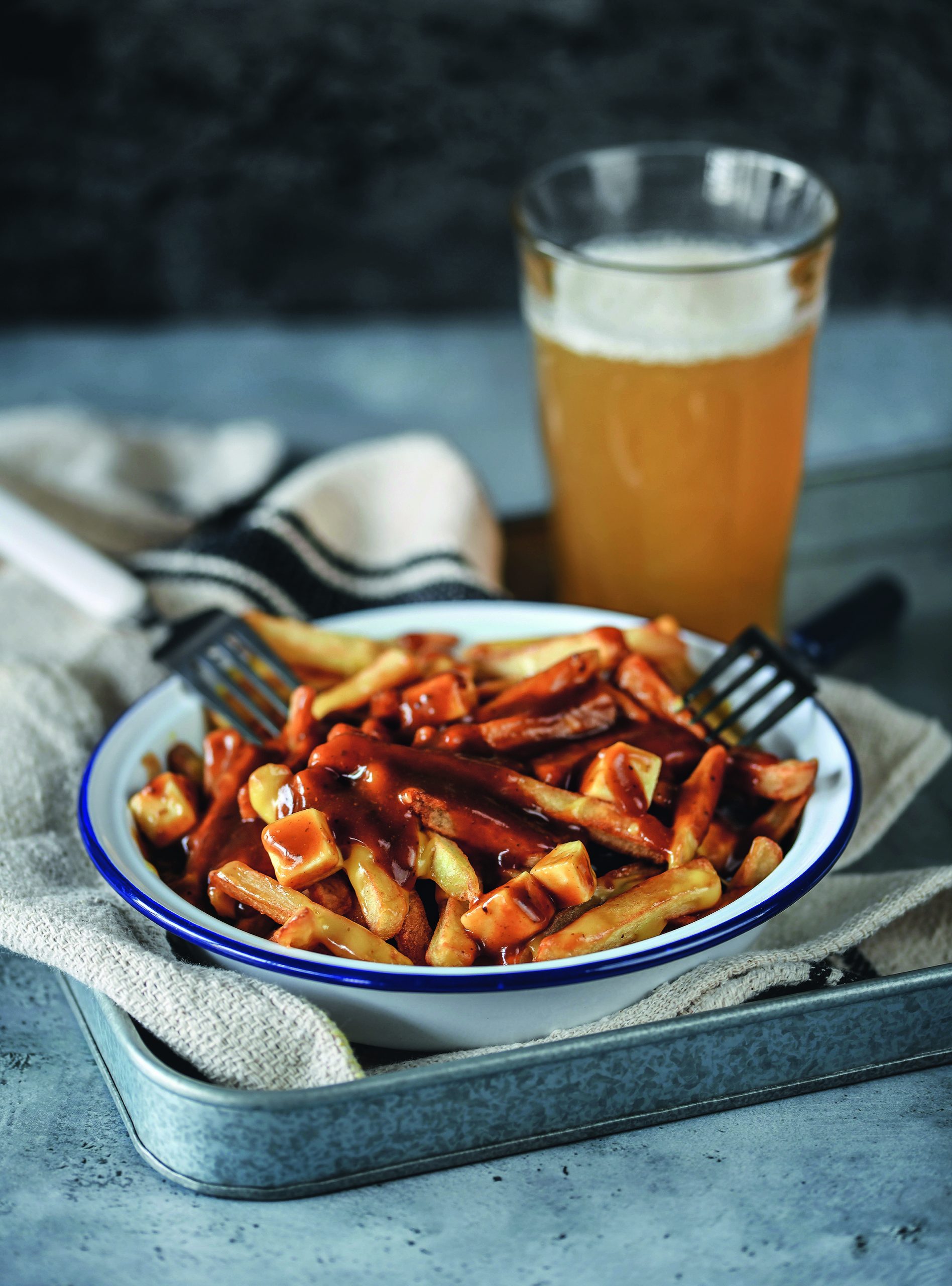Over the past few months, many of us have had our lives irrevocably changed by the global pandemic. I have experienced a general atmosphere of fear, uncertainty and panic – and not without reason.
So what to do?
One place I’ve always turned to for comfort is food. This is useful, as we all need food to survive!
Logically enough, food has been a source of anxiety for a lot of people – one glance at a supermarket shelf, especially if you happen upon the pasta/rice aisle, the tinned vegetable aisle, or (yes, Britain, I see you!) the tea aisle, will tell you this. Many of us are worried about the availability of food. We want to make sure that we will have enough to get through the pandemic, however long it lasts. I’d imagine very few of us have had the luxury of thinking about what exactly we will eat, let alone cook, during the pandemic. I’m grateful that my job at the Jewish Vegetarian Society has enabled me to do this thinking on everyone’s behalf, so I’m sharing some easy, comforting vegan recipes that are perfect for an apocalyptic repast.
I used the following metrics to pull together suggested recipes for getting through the pandemic:
- Is it comforting?
- Will the ingredients be easy to find and/or replace? And/or might people already have these items in their storecupboard?
- Does the recipe incorporate ingredients that can last a long time, e.g. frozen or tinned vegetables? (A quick note here: you can replace any recipe that asks for fresh herbs with dried herbs. The general rule for this is 3 units fresh herbs = 1 unit dried herb.)
- Is it healthy? If it’s not healthy, will it nourish people’s spirits by providing a delicious treat?
A first port of call for sourcing recipes was the about-to-be-released Storecupboard Vegan book by Laura Veganpower and Sébastien Kardinal. The basic premise for the book is this: “To use what you have on hand, stored in your kitchen cupboards or at the bottom of the fridge.” All of their recipes use frozen vegetables, arguing that, “you are assured of having the highest levels of vitamins and nutrients. Quality frozen vegetables are frozen within 24 hours of being picked. While fresh vegetables found in the high street shops and supermarkets unfortunately spend at least more than a week between harvesting and display.” I doubt Laura and Sébastien had Coronavirus on their minds when they put their book together. However, since grocery shopping itself can feel slightly Mad Max-esque (for those of us who are even able to brave grocery stories), Storecupboard Vegan is a perfect fit for the current zeitgeist.
As a Canadian, nothing says comfort food quite like Poutine. To a non-Canadian, the combination of chips, gravy and in this case, vegan cheese might sound like the bizarre fantasy of a 5 year-old child or a drunken university student, however, I can vouch for its deliciousness! (That’s how we survive the long winters, everyone.) If you’re in the UK, it’s along the same lines as cheesy chips, and well worth the try. Storecupboard Vegan’s version includes shallots, and makes a delicious vegan gravy that includes dijon mustard, tomato puree and miso paste. Whilst you might be thinking to yourself, “Where will I get miso paste?”, many grocery stores do usually stock it, including larger Sainsbury’s and Waitrose. (I’ve also found that it is actually more likely to find “rare” or “fancy” ingredients on an apocalyptic shopping expedition. For example, I haven’t been able to find vanilla extract anywhere, but there have always been plenty of packets of vanilla pods…)
For a healthier, hearty meal, you could try Storecupboard Vegan’s Vegetable Pie. The filling of the pie is primarily made of frozen vegetables, which can be a good purchase if you’re not sure when your next shopping trip will be. The protein of choice is TVP (textured vegetable protein), which I’ve enjoyed on many a camping trip, as it keeps incredibly well and gives vegan recipes a bolognese-type feel. Tomato coulis is basically stewed tomatoes, so you could easily substitute a tin of tomatoes (though I’d cook them on a low heat for 15 minutes to get rid of some of the liquid) or use tomato puree with a little added water. Malted yeast is often sold as a paste in a jar; if you can’t find it, I’d recommend using nutritional yeast blended with a little bit of oil so that it becomes a paste.
I’d also like to add a couple of my own staple vegan comfort food recommendations – this definitely what I’d be gravitating towards in the weeks and months to come:
If you feel you’re coming down with something, it’s natural to reach for the comfort of soup. This vegan Moroccan Harira Soup from May I Have That Recipe? looks particularly delicious. Complete with chickpeas, lentils and succulent herbs, I definitely imagine I’ll be turning to this filling and nourishing soup in the coming weeks. If fresh vegetables and herbs prove difficult to come by, I’d recommend following Storecupboard Vegan’s lead and using frozen ones.
Nothing says comfort like mac & cheese, and this vegan version from VegNews is by far the best one I’ve encountered. The sauce is made of vegetables, so you’ll be getting a lot of important nutrients. If you’re having trouble finding pasta in this climate, as I was the other day, I’d suggest substituting thinly sliced potatoes, turning it into a dauphinois (or what is known in Ashkenazi Jewry as “kugel”). If you’re going to do this, I’d recommend boiling the potatoes a bit first.
Also, don’t forget sweet treats every so often. It can be tempting when everything seems so uncertain to decide that dessert isn’t important. And while it’s true that a lot of us are prioritising resources, if you can afford to spare a little to have something nice to eat, it can make one feel a lot more human. I made these Cardamom Rose Cupcakes last Shabbat, decorating them with unicorn and star-shaped sprinkles, and both my inner child and my adult foodie were highly content! The apocalypse is definitely much nicer with cupcakes. On the rose water – remember how I said that it’s often easier to find “fancy” things these days? If you aren’t able to find any, don’t worry about leaving it out, you’ll still end up with a lovely buttercream frosting (and you could add some complementary spices to it if you wanted, like a shake of cinnamon or nutmeg). Equally, you could just replace the vegetable shortening with additional vegan butter.
Happy cooking everyone; please stay as safe and healthy as you can.
And if you find yourself in the position to do so, whilst all of us are having difficulty with apocalyptic eating, some of us are struggling more than others. If you feel a sense of abundance (or that you have more abundance than others), please donate to your local Food Bank, there’s so many people who will appreciate this, particularly now.
*
Photo credit: Storecupboard Vegan
 Kohenet Yael Tischler is a ritual-weaver, Jewish educator and song leader. She is the co-founder of Yelala, a constellation of work that celebrates Earth-centred, feminist Jewish spirituality and reclaims the practices of our women/femme and folk ancestors. She holds an MA in Writing for Young People from Bath Spa University, a BA in English Literature from Columbia University and a BA in Tanakh (Bible) from the Jewish Theological Seminary.
Kohenet Yael Tischler is a ritual-weaver, Jewish educator and song leader. She is the co-founder of Yelala, a constellation of work that celebrates Earth-centred, feminist Jewish spirituality and reclaims the practices of our women/femme and folk ancestors. She holds an MA in Writing for Young People from Bath Spa University, a BA in English Literature from Columbia University and a BA in Tanakh (Bible) from the Jewish Theological Seminary.


















